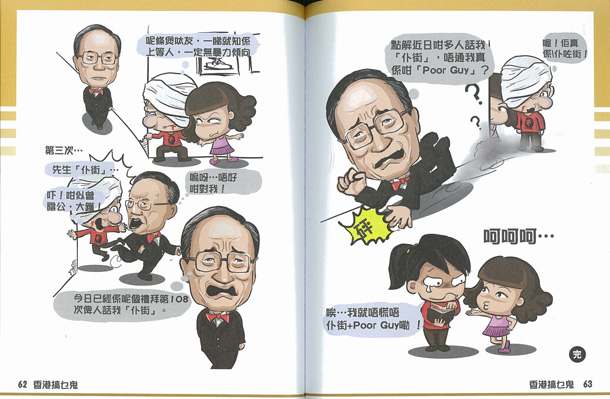Ah-bin wrote:
cardboard Choá-áh 紙盒 is a cardboard box, but I'm sure there must be a word for cardboard other than Choá 紙
I checked with an old friend (actually, my ex-boss from Penang!). “Cardboard” is
紙皮 tsua2-
phue5.
Ah-bin wrote:
ankle (Malay) I have the Malay loan "tumit" for heel from one of Tan Choon Hoe's books
From my ex-boss again -
跤目 kha1-
bak8. I think it’s also used in Taiwan. He also added that ‘calves’ are
kha1-
kuai(?). Not sure what the 本字 for
kuai is, and all online searches for it so far have not been successful.
Ah-bin wrote:
cart, wheelbarrow
For push-carts and trolleys in general, I would say
捒車 sak7-
tshia1. A ‘dustpan’ is
糞斗 pun3-
tau2, but I am not sure if, by extension, a ‘wheelbarrow’ can be called
斗車 tau2-
tshia1.
Ah-bin wrote:
bay oan 灣 perhaps?
Not a commonly-used word in Penang, but apparently the old name for Bagan Jermal Road is
灣斗路 Uan1-
TO2
lO7 “Bay Road”.
Ah-bin wrote:
body weight I was wondering whether "weight" had an abstract noun
Not that I am aware of, other than just
重 tang7. For “body weight”, I would just say
身重 sin1-
tang7.
Ah-bin wrote:
by chance, accidentally - I know Tiâu-tî 超持 for "on purpose" could be negated for a shade of this meaning, and that Bô-sió-sim 無小心 would be accidentally for breaking things or doing something bad, but how about meeting someone or finding something by chance?
I would use
拄好 tu1-
ho2 for “by chance” (note that in this context, the
拄 tu1 is generally not repeated).
